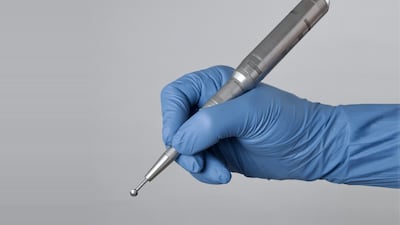The UK National Institute of Clinical Excellence (NICE), which provides health care guidance to the NHS in England, said in a recent statement that each of the five wearable devices have sensors that monitor the symptoms of people with Parkinson’s disease during their daily lives.
However, they cannot be routinely reimbursed on the NHS due to uncertainty about the size of impact that using remote monitoring devices in the NHS would have on the life...
Read the full article – start your free trial today!
Join thousands of industry professionals who rely on Medtech Insight for daily insights
- Start your 7-day free trial
- Explore trusted news, analysis, and insights
- Access comprehensive global coverage
- Enjoy instant access – no credit card required
Already a subscriber?






